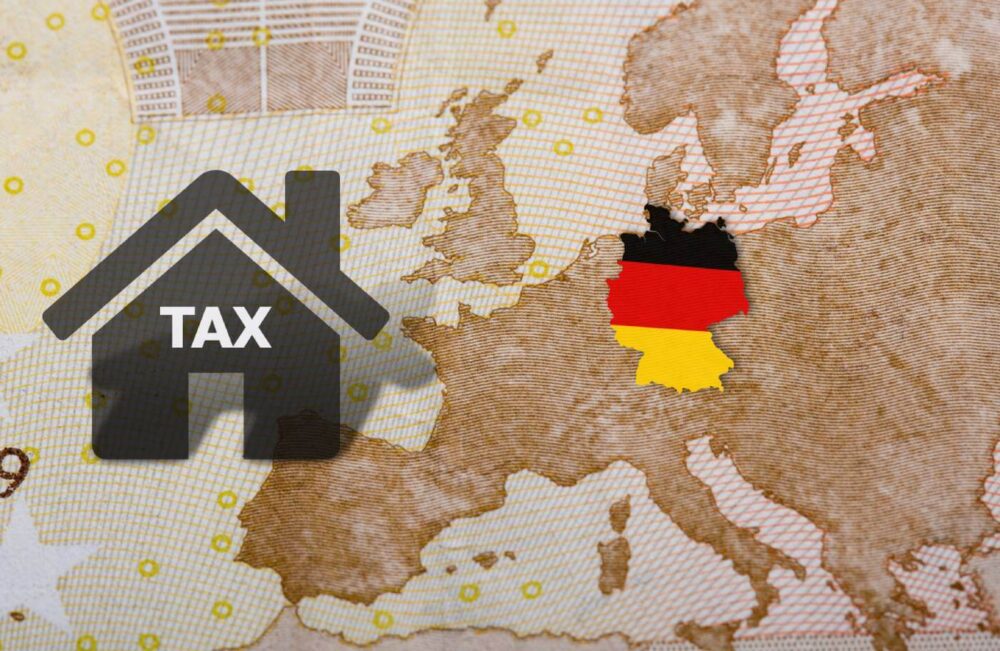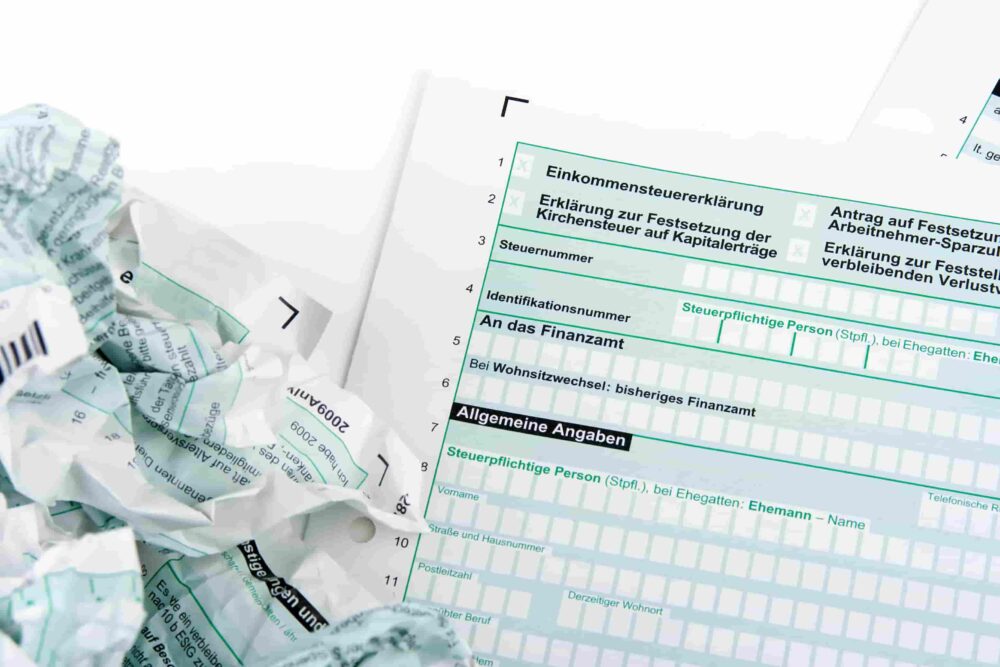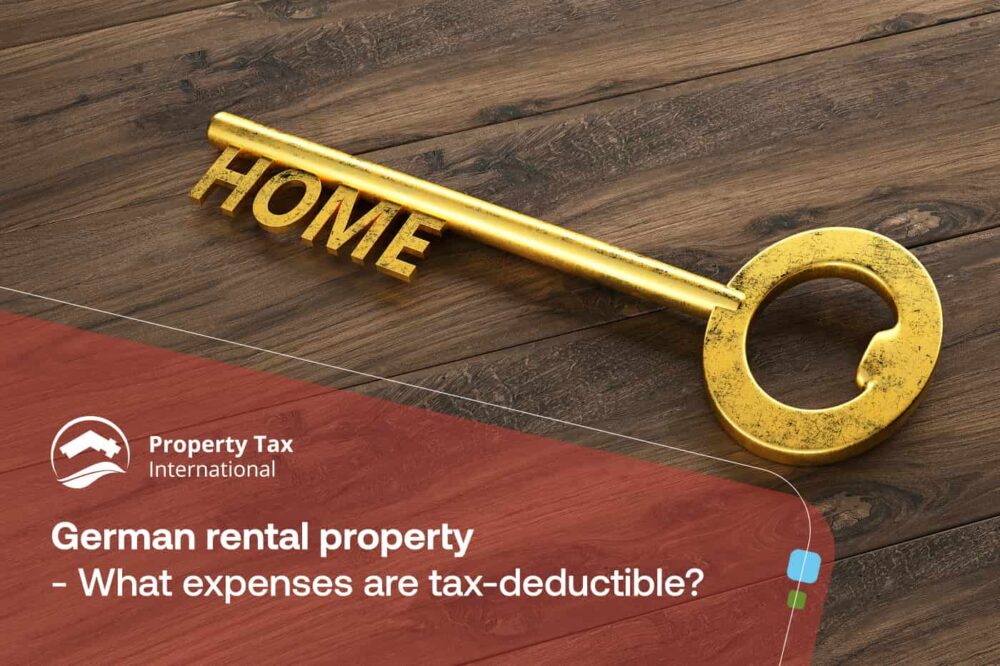A complete 2025 guide for non-residents investing in German real estate, covering property taxes, capital gains, deductions, and filing deadlines.
Continue readingWelcome to the official PTIreturns.com blog!
German Property Tax Guide for Non-Residents (2025 Update)
A practical 2025 guide for foreign landlords in Germany covering rental income tax, property transfer tax, deductions, and filing deadlines.
Continue reading →The Complete Guide to Filing Your German Tax Return as a Non-Resident Landlord
The German tax return season is upon us, and with the deadline fast approaching, it’s crucial to equip yourself with the knowledge to navigate this annual obligation. Many non-resident property owners, for example, are unaware of their tax filing obligations in both their home country and Germany, as well as the potential benefits of utilizing double taxation agreements and tax deductions.
Continue reading →Your guide to understanding rental income tax in Germany
Navigating the complexities of rental income tax in Germany can feel like stepping into a maze, especially for newcomers to the country’s property market.
Continue reading →German rental property – what expenses are tax-deductible?
Owning a rental property in Germany comes with numerous opportunities to reduce your taxable income. From financing costs like mortgage interest and bank fees to property maintenance, utility expenses, and administrative fees, many expenses qualify as tax-deductible Werbungskosten. In this guide, we break down the main categories—financing and acquisition costs, repairs and maintenance, property management, and more—so you can maximize your tax savings while staying fully compliant with German tax laws.
Continue reading →Can you avoid paying tax on rental income in Ireland?
If you are earning rental income from a property in Ireland, you will have some tax responsibilities that require attention. Maybe you are even wondering if you can avoid paying rental income tax in Ireland. This article serves as а compass to guide residents and non-resident landlords alike through the labyrinthine world of tax on rental income in Ireland. We will answer some of the most common questions that landlords ask about saving on taxes and discuss our top tips for filing property taxes without stress. Continue reading →
Owning a leaseback rental property in France? See updated information on leaseback taxes on your income.
If you are investing or owning a leaseback property in France as a non-resident, there are specific tax regulations and obligations that we will explain in this guide.
French tax update: Must-know changes to furnished lettings tax regimes in 2025
The latest French tax reforms for furnished lettings significantly tighten the income tax treatment for short-term and holiday rentals, notably reducing the turnover threshold and expense deductions under the Micro-BIC regime, which may push more landlords into the more complex real tax regime.
Continue reading →Do non-resident landlords have to submit a French tax declaration?
Are you a foreign landlord of a French rental property who finds navigating the nuances of French property taxes complicated and overwhelming? Continue reading →
How to calculate rental income tax in France
If you are a non-resident renting out property in France, your income is subject to taxation both in France and your home country, requiring the preparation and filing of an annual French property tax return. This article explains how to calculate your rental income and where to find assistance for filing your non-resident French tax return online.










